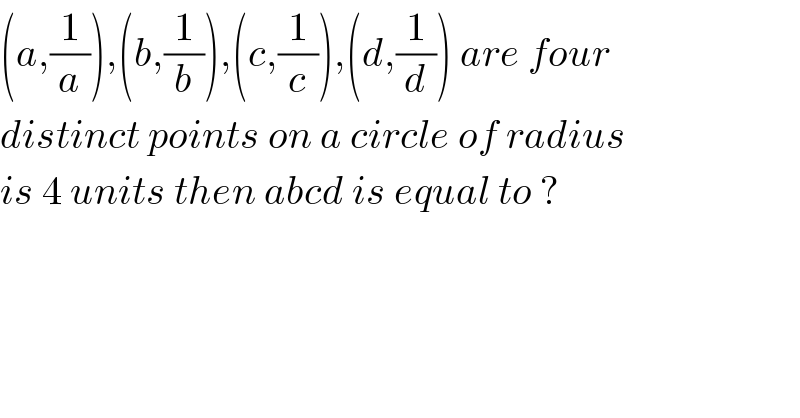
Question and Answers Forum
Question Number 31569 by momo last updated on 10/Mar/18

Answered by MJS last updated on 10/Mar/18

| ||
Question and Answers Forum | ||
Question Number 31569 by momo last updated on 10/Mar/18 | ||
 | ||
Answered by MJS last updated on 10/Mar/18 | ||
 | ||
| ||